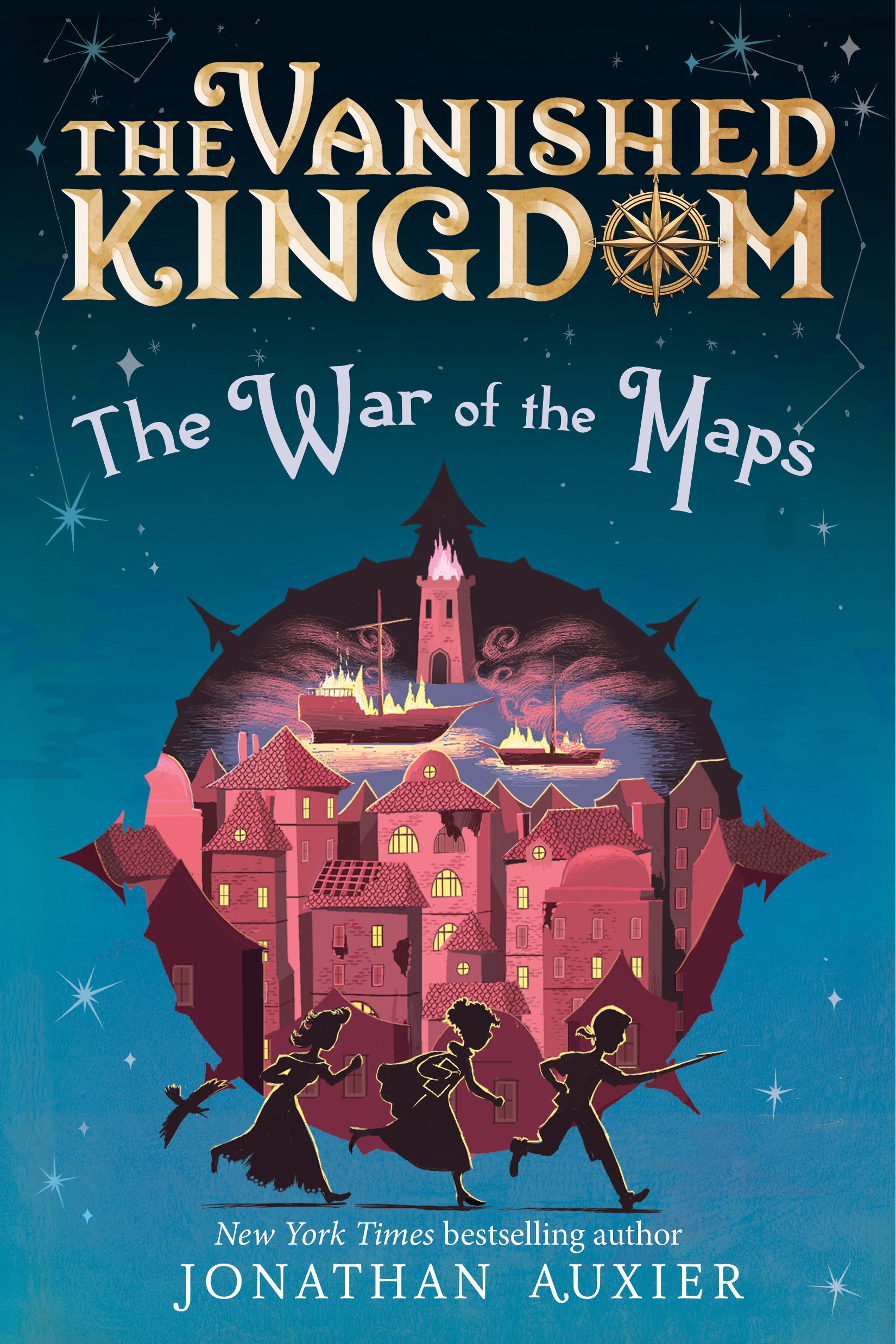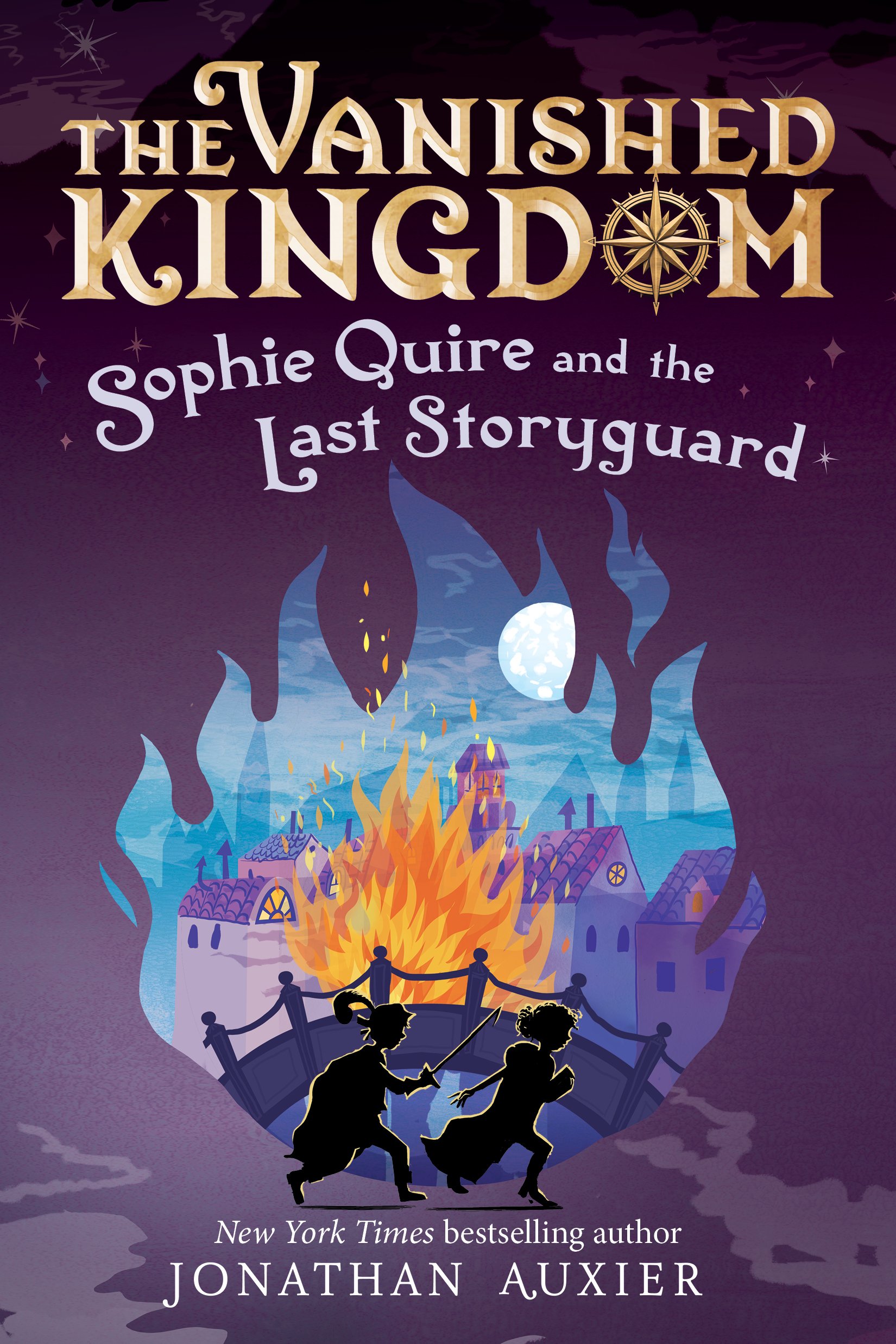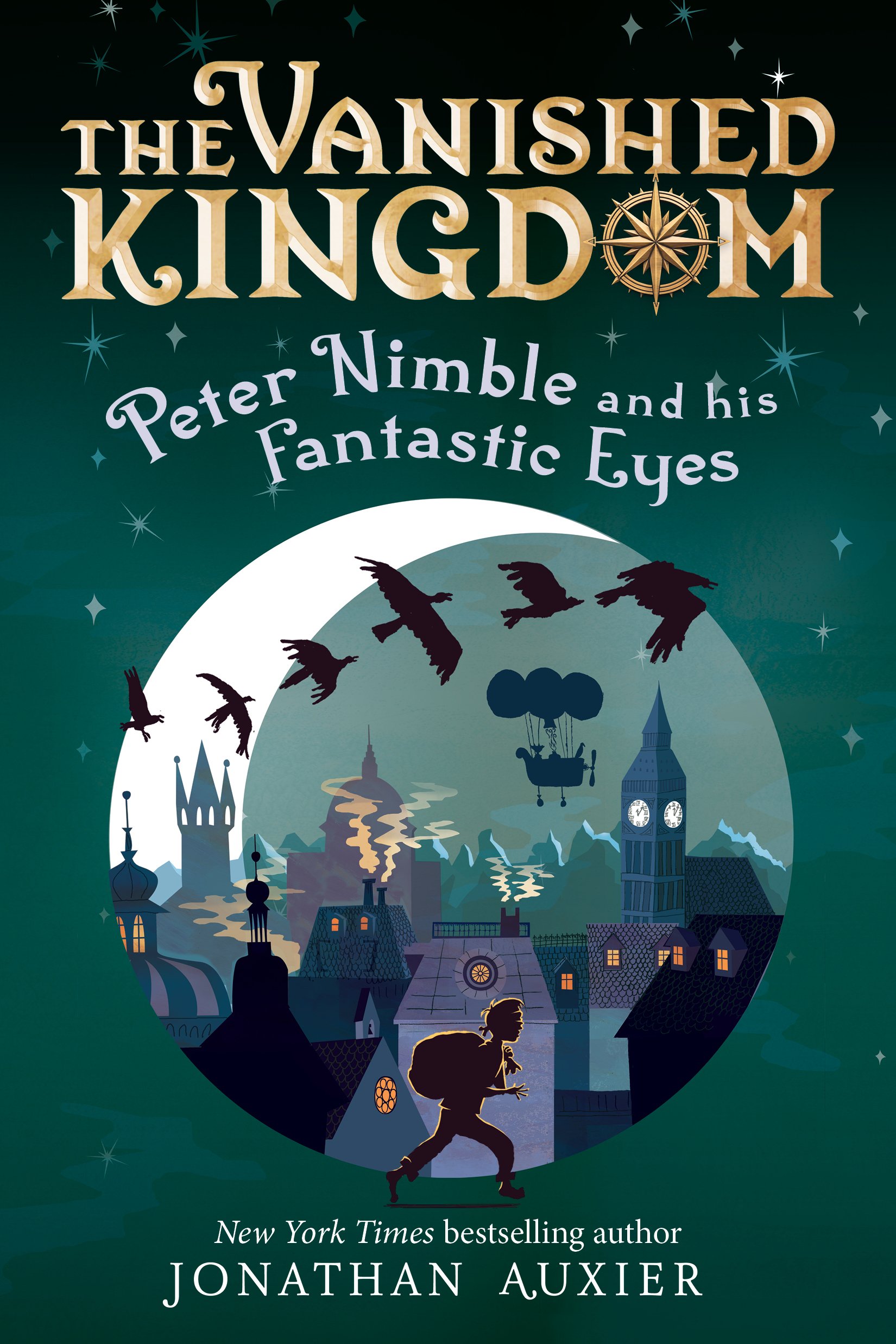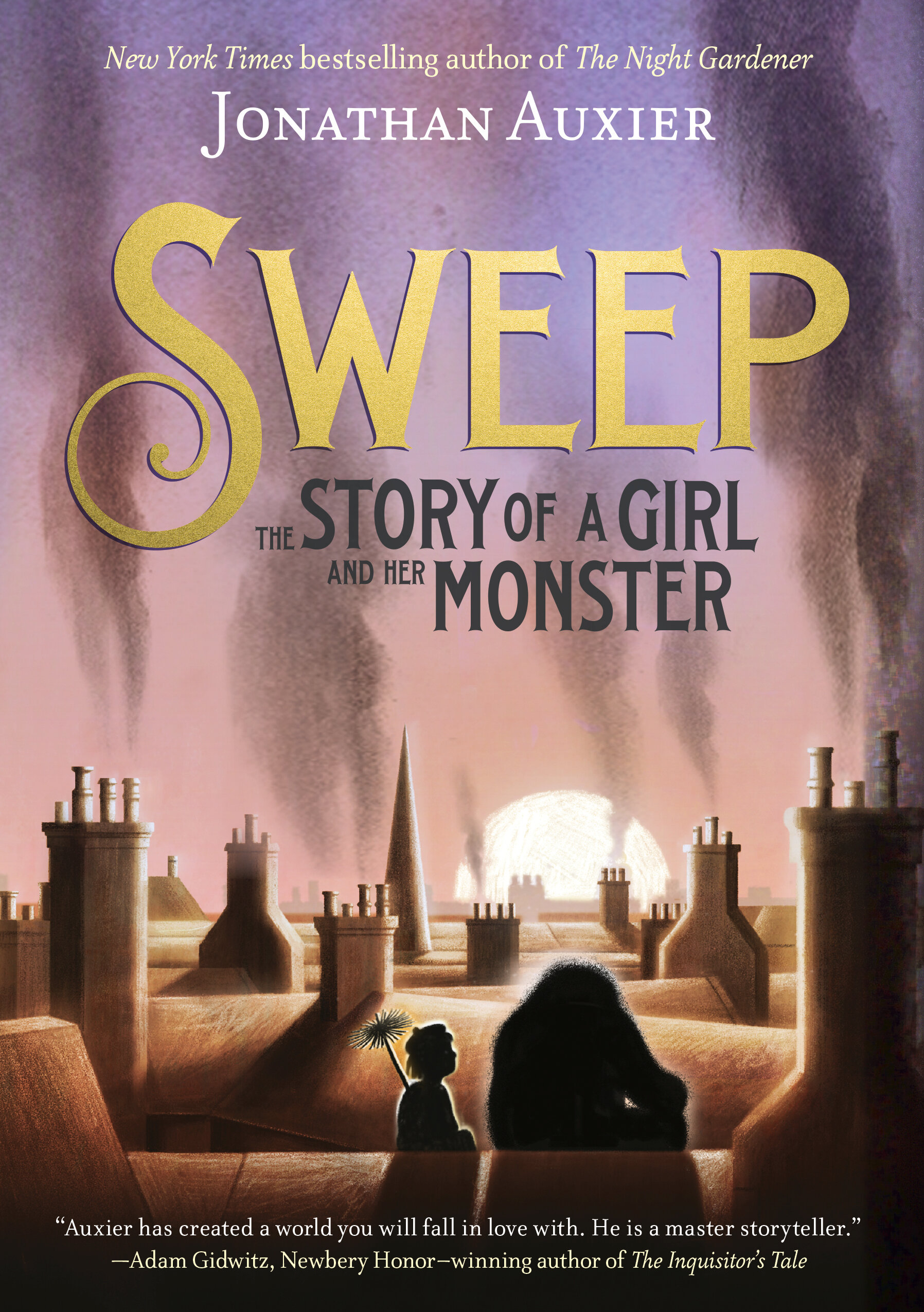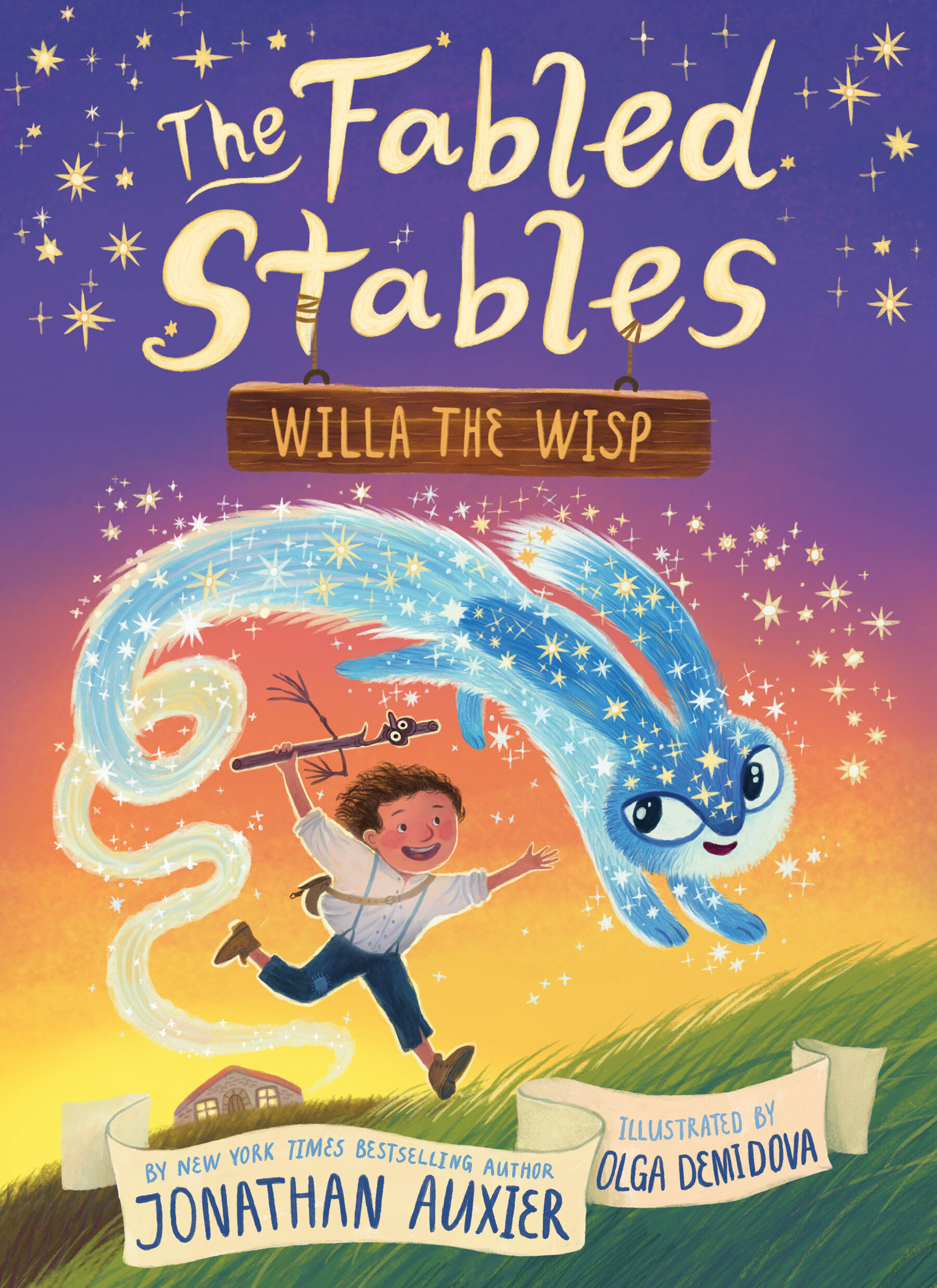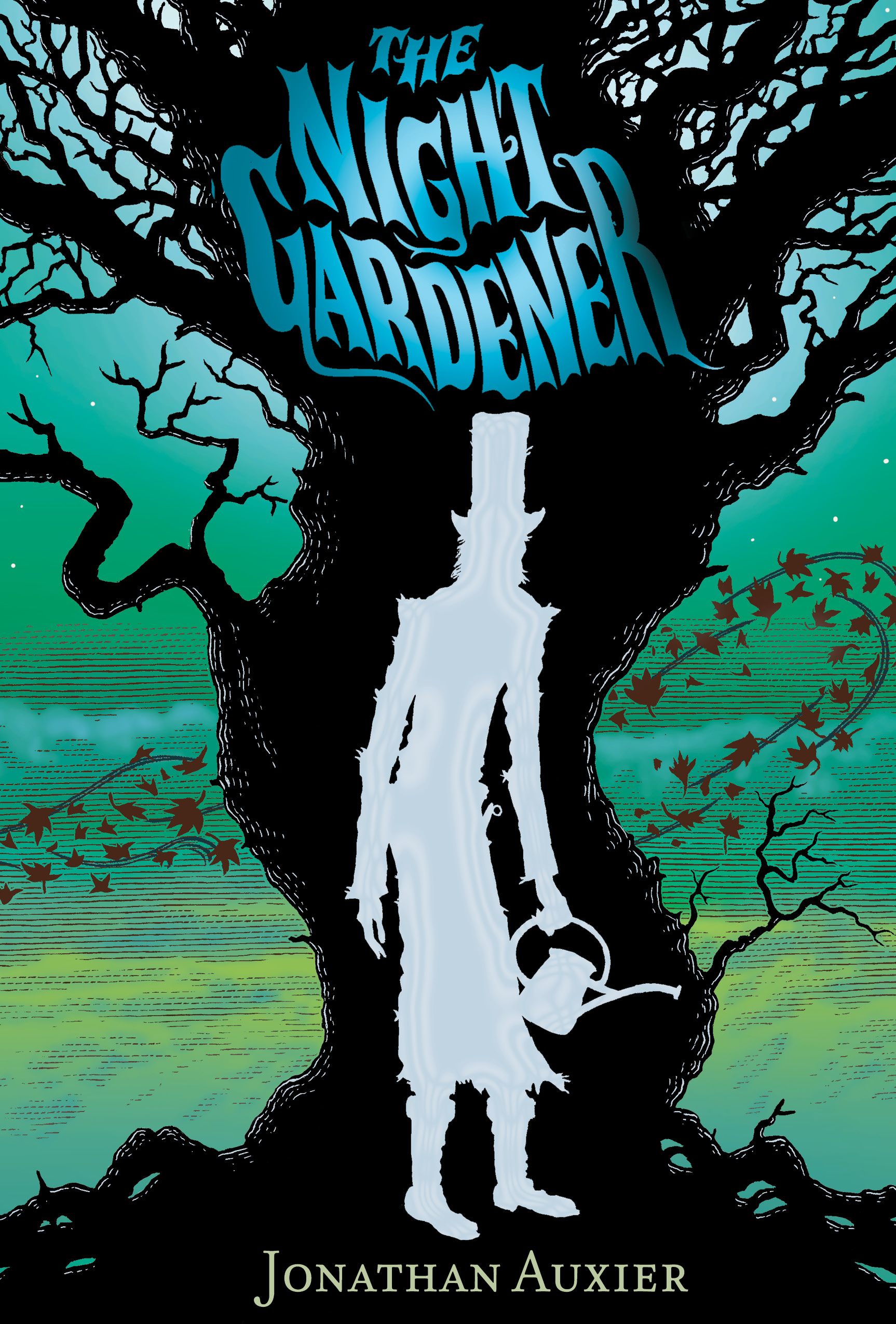Great Books That Turned Me Off From Reading
/The above picture is from Kelly Butcher's excellent blog, the Lemme Library. Note the second name on that checkout list![1. I would be lying if I said the thought of Peter Nimble checking out a book also read by Lucy Pevensie and Edward Tulane didn't make me cry a bit!] Yesterday I had the honor of teaming up with fellow Abrams' author Tom Angleberger to write a guest post for Kelly on a topic very dear to my heart: What to do when you hate a classic
It's a lively conversation and definitely worth checking out if you've ever felt at odds with the critical mass. (Tom may or may not refer to Peter Pan as "dreck!") In the post, I mention three books that I was forced to read in school that turned me off from reading: The Yearling by Marjorie Rawlings, A Tale of Two Cities by Charles Dickens, and Romeo & Juliet by ... some dude ... can't remember his name ...
Anyway, a few readers expressed a desire to learn what about those particular books bothered me so much. I thought I'd take a crack at answering the question here!
First off, a disclaimer: I am not saying these books are actually bad, only that my experiences with them were negative. But the fact remains that they did more damage than good.
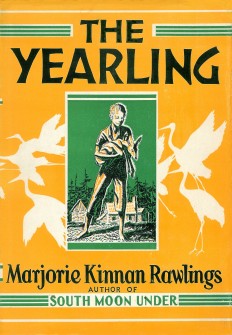 The Yearling - I read this book in seventh grade Language Arts class. Nothing too pointed in my criticism beyond the fact that this book had nothing to do with me or my life. By that age, I was enough of a reader to know that there were many wonderful, exciting books out there. But instead of reading Ray Bradbury or SE Hinton, we were stuck with this story of a farm kid and his pet deer. What was the damage? The choice of text led me to believe that great stories (which I read at home) and English Literature (which I read in class) were completely unrelated things.
The Yearling - I read this book in seventh grade Language Arts class. Nothing too pointed in my criticism beyond the fact that this book had nothing to do with me or my life. By that age, I was enough of a reader to know that there were many wonderful, exciting books out there. But instead of reading Ray Bradbury or SE Hinton, we were stuck with this story of a farm kid and his pet deer. What was the damage? The choice of text led me to believe that great stories (which I read at home) and English Literature (which I read in class) were completely unrelated things.
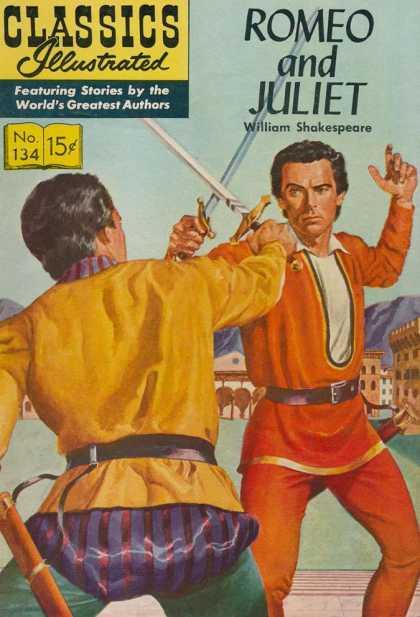 Romeo & Juliet - I read this play in grade ten. There is a common problem in pop culture where Romeo & Juliet is peddled as a love story when it's actually a cautionary tale. Even as a young adolescent, I could tell that whatever Romeo and Juliet had going on between them was not real love -- certainly not an ideal to aspire to. And yet the play was presented to me as some kind of timeless love story. I remember reading it and thinking, "If this is Shakespeare's idea of true love, then he doesn't really know much about the world." What was the damage? When I later read other Shakespeare plays (Hamlet, Midsummer Night's Dream), I was unreceptive; I had already made up my mind that this was a writer who had nothing to teach me.[2. Of course I could not have been more wrong on this point -- I owe a tremendous debt to both Julie Taymor and Niel Gaiman for setting me straight!]
Romeo & Juliet - I read this play in grade ten. There is a common problem in pop culture where Romeo & Juliet is peddled as a love story when it's actually a cautionary tale. Even as a young adolescent, I could tell that whatever Romeo and Juliet had going on between them was not real love -- certainly not an ideal to aspire to. And yet the play was presented to me as some kind of timeless love story. I remember reading it and thinking, "If this is Shakespeare's idea of true love, then he doesn't really know much about the world." What was the damage? When I later read other Shakespeare plays (Hamlet, Midsummer Night's Dream), I was unreceptive; I had already made up my mind that this was a writer who had nothing to teach me.[2. Of course I could not have been more wrong on this point -- I owe a tremendous debt to both Julie Taymor and Niel Gaiman for setting me straight!]
 A Tale of Two Cities - I don't know what makes educators think that this book is a good introduction to Dickens -- yes, it's short, but it is also devoid of Boz' trademark humor and charm. I read this in my junior year of high school, and I hated every word.[3. Looking back now, I think I struggled because I lacked the necessary historical context. To really appreciate this book, you need to have a sense of both the French Revolution and the Victorian social reform movement -- only then can you start to understand why Dicken's English readers would be interested in things that transpired half a century earlier in a different country.] I already knew and liked some of Dickens more kid-friendly stories (Oliver Twist, A Christmas Carol), and I deduced wrongly from Tale of Two Cities that this was what happened when authors wrote "serious" books ... they got boring. I suppose a positive effect of this experience was that it drove me to further embrace children's literature as the sort of stories I wanted to write![4. It took me even longer to come around to Dickens; I didn't start reading him again until I went to graduate school and met an pretty young Victorianist with pigtails!]
A Tale of Two Cities - I don't know what makes educators think that this book is a good introduction to Dickens -- yes, it's short, but it is also devoid of Boz' trademark humor and charm. I read this in my junior year of high school, and I hated every word.[3. Looking back now, I think I struggled because I lacked the necessary historical context. To really appreciate this book, you need to have a sense of both the French Revolution and the Victorian social reform movement -- only then can you start to understand why Dicken's English readers would be interested in things that transpired half a century earlier in a different country.] I already knew and liked some of Dickens more kid-friendly stories (Oliver Twist, A Christmas Carol), and I deduced wrongly from Tale of Two Cities that this was what happened when authors wrote "serious" books ... they got boring. I suppose a positive effect of this experience was that it drove me to further embrace children's literature as the sort of stories I wanted to write![4. It took me even longer to come around to Dickens; I didn't start reading him again until I went to graduate school and met an pretty young Victorianist with pigtails!]
So those were a few classic books with which I really struggled. I've since gone back and re-read the latter two, and I have to say they were better the second time around. I'm not sure whether a different teacher could have gotten me to respond to the books or whether I was simply too young.
My wife and I were discussing this topic yesterday, and I asked her what the solution might be. She said the best thing for her in high school was a (wonderful) English teacher who alternated between fun and challenging texts: students read one difficult assigned book, and then they read one book of their choosing (from a list). Seems like a nice carrot-and-stick compromise!



